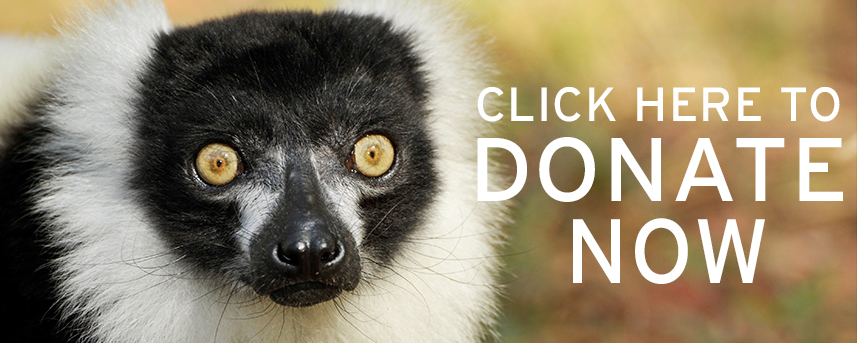The Duke Lemur Center hosted its first annual Spring Director’s Forum on May 13, 2021, with presentations highlighting the DLC’s 2020 Impact Report. If you missed the event, or just want to view the presentations by our staff experts, we invite you to tune in to the videos below. We’re so grateful for your support!
Greg offers an overview of the most important changes and accomplishments of 2020, including new milestones in hibernation research; the curation and digitization of one of the most valuable primate fossil collections in the world; online educational programs; new leadership; a field station in northern Madagascar; and a brand-new veterinary hospital and research building currently under construction.
Britt discusses the DLC’s unique and important responsibility of caring for the largest colony of lemurs outside of Madagascar, as well as the “serious matchmaking work” we perform in our role as a genetic safety net for lemurs—Earth’s most threatened mammals.
Meg shares examples of the ways the DLC’s positive reinforcement training program and positive animal welfare go hand-in-hand. Using examples of lemur training at the DLC, Meg will discuss the importance of voluntary participation for husbandry and non-invasive research.
Matt takes you on a journey through 60 million years of lemur history preserved in the DLC’s fossil collection, the largest and most diverse primate fossil collection in North America. Learn about past and future projects to expand and share the collection with researchers and the wider public as we transition from a fossil collection to a full natural history museum.
Erin tells the story of why a colony of lemurs lives in Durham, NC and discusses how the Lemur Center’s non-invasive research program benefits not only the scientific community but also wild and captive lemurs everywhere. She also discusses new developments in research at the DLC, focusing on our two smallest species and their potential in helping us to better understand the human condition.


